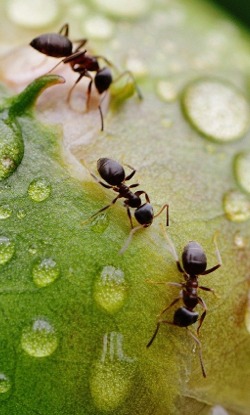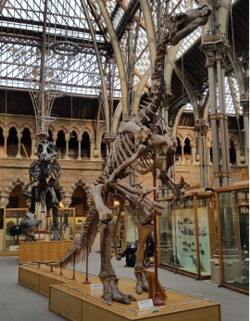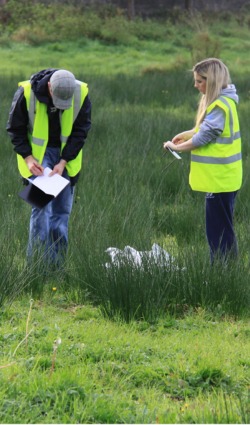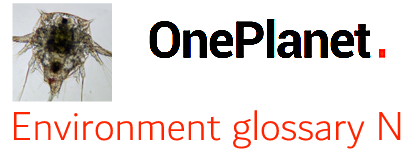OnePlanet is for people who speak English as a second or third language
A B C D E F G H I J K L M N O P Q R S T U V W X Y Z CLICK for list of all the words
N is for: |
: |
natural history“Natural history” is part of biology, which is the study of all living things (animals, plants, fungi, bacteria, etc). Biology includes observation, but it also includes selective breeding, testing laboratory animals, dissection, biochemistry, microbiology, molecular biology, biophysics, neurology, genetic modification, pesticides and biological warfare. None of these have anything to do with natural history. Natural history usually means observation of living things in their natural environment. People who study natural history are interested in life as life, not as a way to make a product or control a system. They find living plants, animals, etc, fascinating and beautiful. They love finding out about individual creatures, and about the diversity of life. At one time, this was what you studied if you read biology (or zoology, or botany) at university. Today, professional biologists find all this slightly embarrassing, because their university studies are supposed to get them good jobs, and most of the good jobs are in university, industrial or military laboratories. It's now possible to become a professional biologist without having any contact with a living organism at any time. They don't even talk about natural history (or zoology, or botany); they prefer phrases like "field biology", "ecology", "organismal biology" or "environmental science". Click here for a superb article about this, not in easy English. Does it sound strange to talk about the history of nature? “Natural history” is a translation of the Latin “historia naturalis”, which means the story of nature. It's better than “natural philosophy”, which was the old name for it. We talk about naturalists, not "natural historians”. |
 |
natural history museumAlthough natural history is about life, you won't find many living things in a natural history museum. If you want living things, go to a zoo, an aquarium or a botanic garden. In a natural history museum you will find bones, fossils, stuffed animals and dried plants - but also models and reconstructions of animals in their natural environments. Behind the public part of the museum are offices and work spaces for a lot of scientists who identify, map and record where and how living things live. |
 |
a naturalistA naturalist is anybody who is interested in nature and knows something about it. See What Kind of Naturalist are You? |
 |
...New words every week; CLICK HERE for a full list |
 |
* |
* |
A B C D E F G H I J K L M N O P Q R S T U V W X Y Z CLICK for list of all the words
